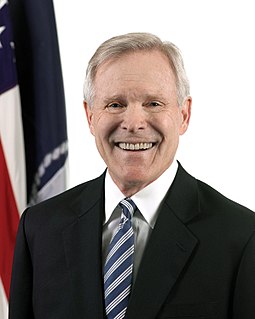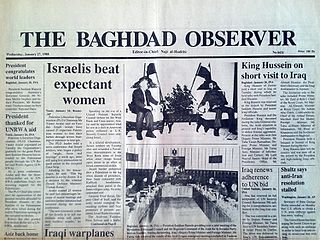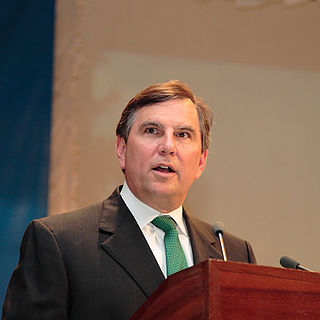A Quote by Matt Taibbi
2008 was to the American economy what 9/11 was to national security. Yet while 9/11 prompted the U.S. government to tear up half the Constitution in the name of public safety, after 2008, authorities went in the other direction.
Related Quotes
I'm not interested in embarrassing the United States. We as a nation need to foster a broader understanding of national security, and when in the name of national security the US government both overtly and covertly aligns itself with the apartheid state and against heroic freedom fighters for racial justice ... Not only in 1962 but also keeping in mind that Mandela was on the US terror watch list until 2008, that kind of myopic understanding of national security has devastating consequences.
You know, the truth is that right after 9/11, I had a (flag) pin. Shortly after 9/11, particularly because as we're talking about the Iraq war, that became a substitute for, I think, true patriotism, which is speaking out on issues that are of importance to our national security, I decided I won't wear that pin on my chest.
So after a long time of utilizing the American propaganda machine, along with official statements of lies, distortion and falsehood, the focus was basically turned on inciting the American public against Iraq and pushing them to accept the American administration's schemes of aggression as a fait accompli, as if it were the solution or the necessary rescue that would allow American citizens to live in security and stability, after what they had gone through in the September 11 attacks.
When we talk about 9/11 and 26/11 - which is the shorthand for the Mumbai attacks in 2008 - we're talking about the most successful terrorist attacks in history. When you start trying to study the most successful event of its kind, it actually doesn't make for great fiction because there isn't the kind of failure in it that fiction thrives on.
I left my husband a year after 9/11. Not because he was an American and I an Egyptian, nothing to do with culture or religion, nothing to do with 9/11. We brought out the worst in each other. But before we separated, we visited N.Y.C. one more time together for a friend's engagement, and we went to pay our respects at the site of the attacks.
Obama seemed poised to realign American politics after his stunning 2008 victory. But the economy remains worse than even the administration's worst-case scenarios, and the long legislative battles over health care reform, financial services reform and the national debt and deficit have taken their toll. Obama no longer looks invincible.
When you look at the actual numbers, the number of people who died after 9/11 was greater than the number of people who died in 9/11, even if you are talking Americans. But you know, I don't like to talk Americans. I want to talk everybody. More innocent people died after 9/11 because of 9/11 than died in 9/11.
But perhaps the most important difference between conservatives and liberals can be found in the area of national security. Conservatives saw the savagery of 9/11 and the attacks and prepared for war; liberals saw the savagery of the 9/11 attacks and wanted to prepare indictments and offer therapy and understanding for our attackers. In the wake of 9/11, conservatives believed it was time to unleash the might and power of the United States military against the Taliban.
First, I started to play the organ. I did that until I was 11. From the age of 11 to 13, I gave up music entirely. And then at 13, I picked up the guitar, and after one and a half years, I started practicing intensively. I began playing in rock bands, and it was there that I discovered that the music I liked to write was always instrumental.



































